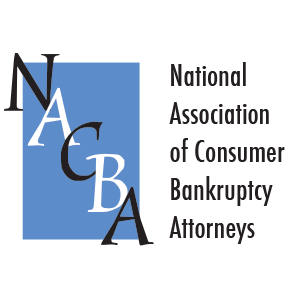In my previous blog, I listed “domestic support obligation” as one of the debts which cannot be wiped out in bankruptcy.
Since a domestic support obligation (such as child support or alimony) is considered a legal obligation made as part of a divorce proceeding, it simply won’t hold up in a bankruptcy claim. Only your state’s Family Law Court has the right to order and change this type of debt. Consequently, you will need to continue paying child and support obligations after you file for bankruptcy. However, Equitable Distribution may be dischargeable in a Chapter 13 case (Not in Chapter 7).
Equitable Distribution states, as opposed to Community Property states, allow the Court to determine how property and assets are to be fairly divided. The majority of states follow the Equitable Distribution model, of which New Jersey is one. In a Chapter 13 case Equitable Distributions obligations may be dischargeable.
For a comprehensive list of non-dischargeable debts which cannot be wiped out in a bankruptcy, please link here.
Contact us if you’d like a free bankruptcy consultation, we’re here to help.







